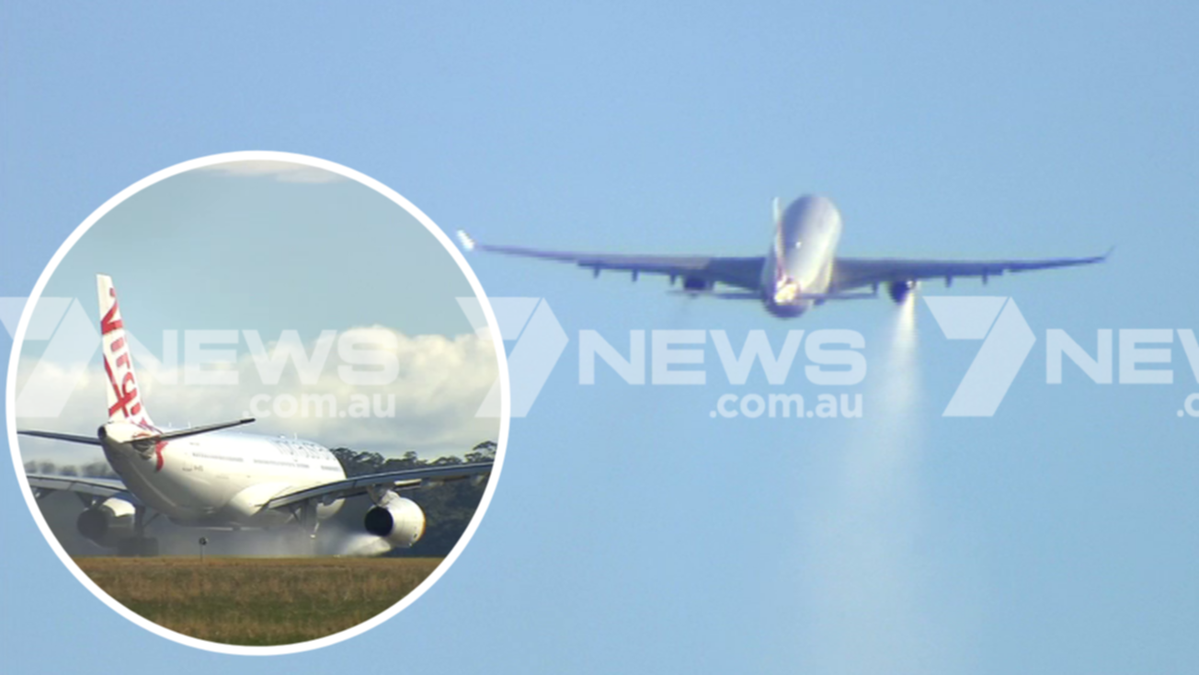As stated earlier, I had one of the guys in the research division look at the data. He looked at selected non-stop transpacific routes involving the south pacific. Specifically LAX, SFO, DFW, IAH and SYD, MEL, BNE, AKL and NAN. Airlines involved are: AA, DL, UA, QF, VA, FJ, NZ only. The key variable of interest is irregular operations (defined as cancellations, delayed - as per regulator definition, and retimings from original schedule. The two time periods are the year to June 30 2019 and the same period 5 years before - so as to capture longer term tends.
Varialbes that one might specialate effect irregular operations: size of fleet (the issue discussed in this tread), average age of equipment, season, direction (east-west), two engine v four engine, involvement in an alliance (OW, Star) and some others.
There was no real surprise with the results. Data for the earlier period was less reliable in respect of retimings. But the two period showed similar results. Analysis was both univariate and multivariate. Multicollinearity and endogeneity were tested for in the multivariate analysis.
The two big variables with the largest effects are: age of aircraft (which was correlated with 2v4 engines) and size of fleet. Season also played something of a role but was not huge effect.
I will not go into naming airlines - I am dealing with principles here. This evidence does not support the theory that size of fleet does not matter.
This does not go to the effects on passengers of the irregular operations. Nor does it go into the reason for irregular operations. Some can be plane maintenance, others include weather and crewing. The bottom line is that airlines which are more rather than less likely to have irregular operations need to look carefully as the customer relations processes. They need to be especially effective.
The representations made to me about VA's customer relations processes show factual errors by call centre operators, poor judgements on the part of customer relations and an overall performance reflective of the share price - down more than 90% on peak levels some time ago.















